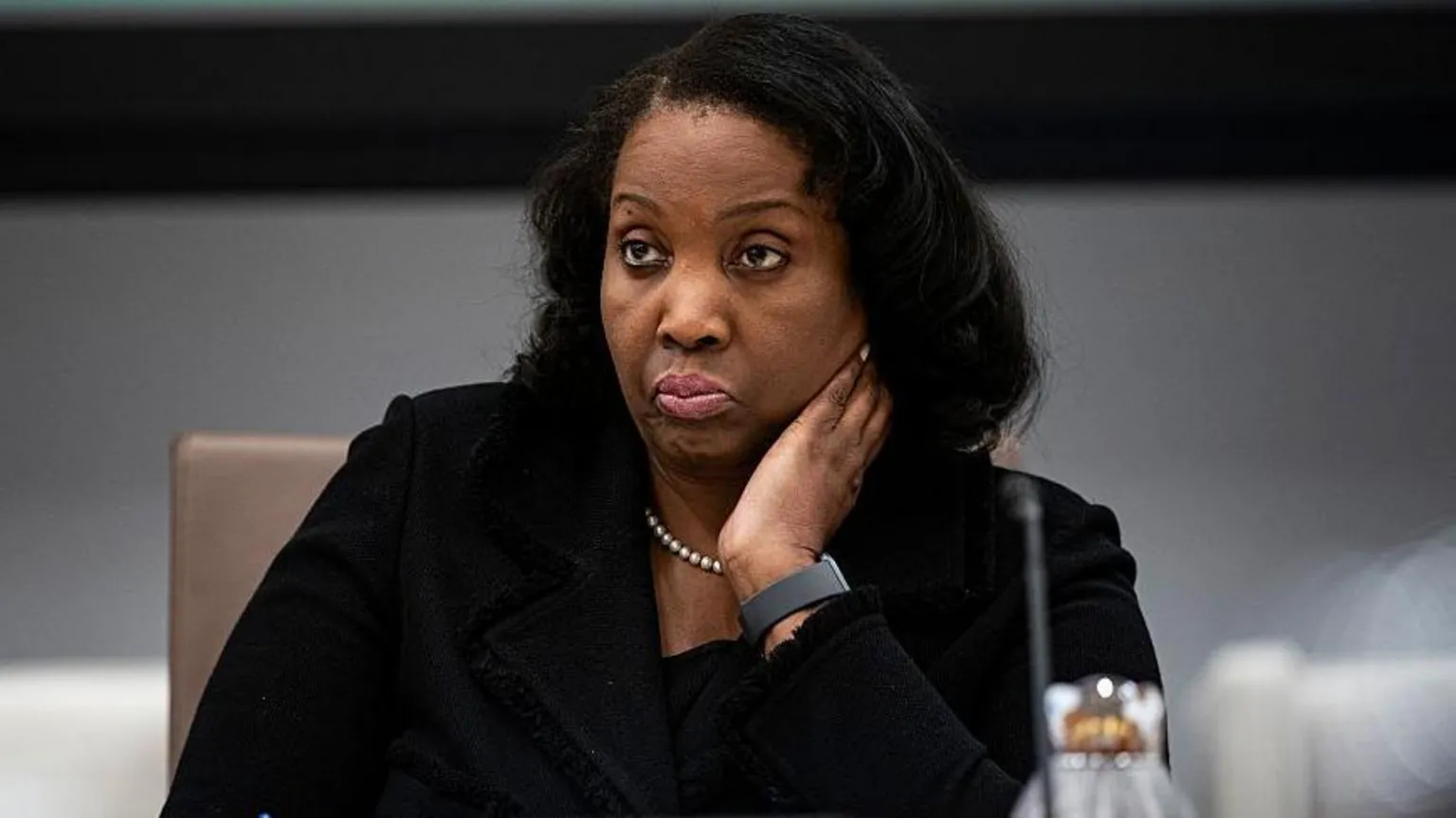Supreme Court Faces Major Cases on Presidential Power in New Term
The U.S. Supreme Court began its new term on Monday, focusing on cases concerning the extent of President Donald Trump's executive power. These cases, along with those involving voting rights and LGBTQ issues, promise to be highly consequential, potentially shaping the future of the American presidency. The court's decisions are expected to be announced by the end of June.
Key Cases Involving Presidential Authority
Several pivotal cases will determine the scope of the president’s authority. These include the legality of Trump's tariffs on hundreds of countries and his power to fire officials from agencies designed to be independent of the Oval Office. Experts anticipate these rulings will significantly impact the balance of power between the executive and legislative branches.
- Tariffs: The court will examine whether Trump's tariffs, imposed under the International Emergency Economic Powers Act (IEEPA), were constitutional.
- Firing Officials: Another critical case involves Trump's attempts to remove officials like Lisa Cook from the Federal Reserve Board and Rebecca Slaughter from the Federal Trade Commission (FTC), testing the limits of presidential control over independent agencies.
Tariffs Under Scrutiny
Trump's imposition of tariffs, justified under the IEEPA due to a declared "national emergency," is facing strong legal challenges. Legal and trade experts predict a high likelihood that the Supreme Court will rule against the administration, siding with lower courts that have deemed the tariffs unconstitutional.
"While the sitting three liberal justices are expected to oppose IEEPA tariffs, Chief Justice [John] Roberts and Justice [Amy Coney] Barrett — both with pro-business leanings — may also side against," - J.P. Morgan note.
Shadow Docket and Emergency Rulings
During the summer recess, the Supreme Court issued numerous emergency rulings, many favoring the Trump administration. These rulings, often made without extensive explanation, covered issues such as government employee firings, agency funding cuts, and immigration policies. Some experts believe these decisions may indicate a willingness to grant the president significant authority.
Stephen Vladeck, a constitutional law professor at Georgetown University, noted the high volume of rulings in favor of President Trump, including those impacting transgender service members and foreign aid funding. These rulings could be revisited during the 2025-2026 term.
The Power to Fire Federal Officials
The Supreme Court will also consider the president's power to fire officials from independent agencies. The outcome could potentially overturn the precedent set by Humphrey’s Executor v. United States, which limited the president’s ability to fire independent government employees. This case could have extensive implications for the independence of various agencies.
"If the court overturns the Humphrey’s Executor case, it would make clear that any president has the ability to run the entire executive branch of government, not just certain portions and pieces of it," - Zack Smith, a senior legal fellow at the Heritage Foundation.
Other Key Cases on the Docket
Beyond presidential power, the Supreme Court will address other significant issues. This includes a challenge to a Colorado law banning "conversion therapy" for minors and cases involving transgender athletes, gun rights, and redistricting.
| Issue | Description |
|---|---|
| Conversion Therapy Ban | A challenge to Colorado's law prohibiting practices aimed at changing a minor's sexual orientation or gender identity. |
| Transgender Athletes | Cases examining state laws that ban transgender athletes from participating in girls' and women's sports. |
| Gun Rights | A case involving Hawaii's restrictions on carrying firearms in public places. |
| Redistricting | A dispute over Louisiana's congressional map and the creation of a second majority-Black district. |
The term promises high-stakes decisions that will shape the legal landscape and significantly impact American society.
 Visit the website
Visit the website






